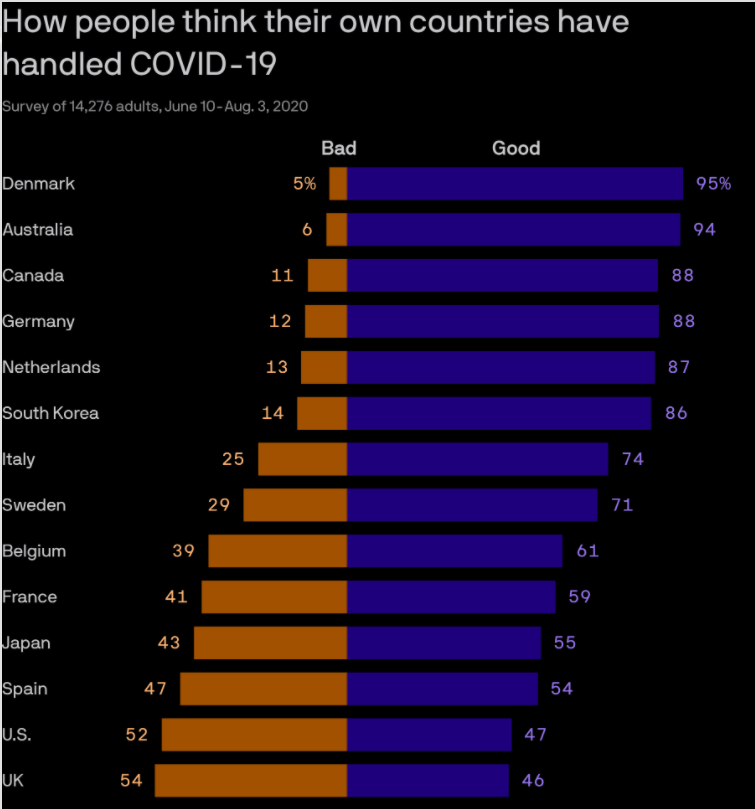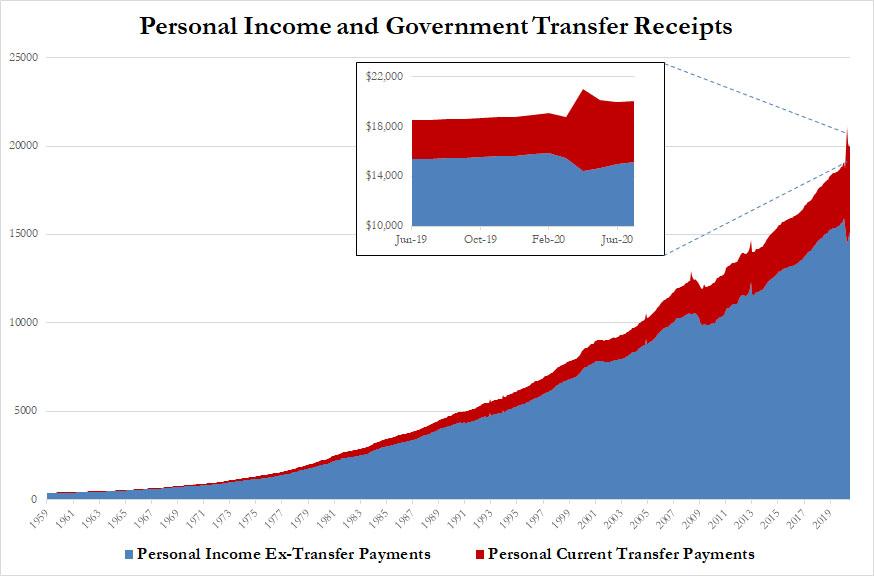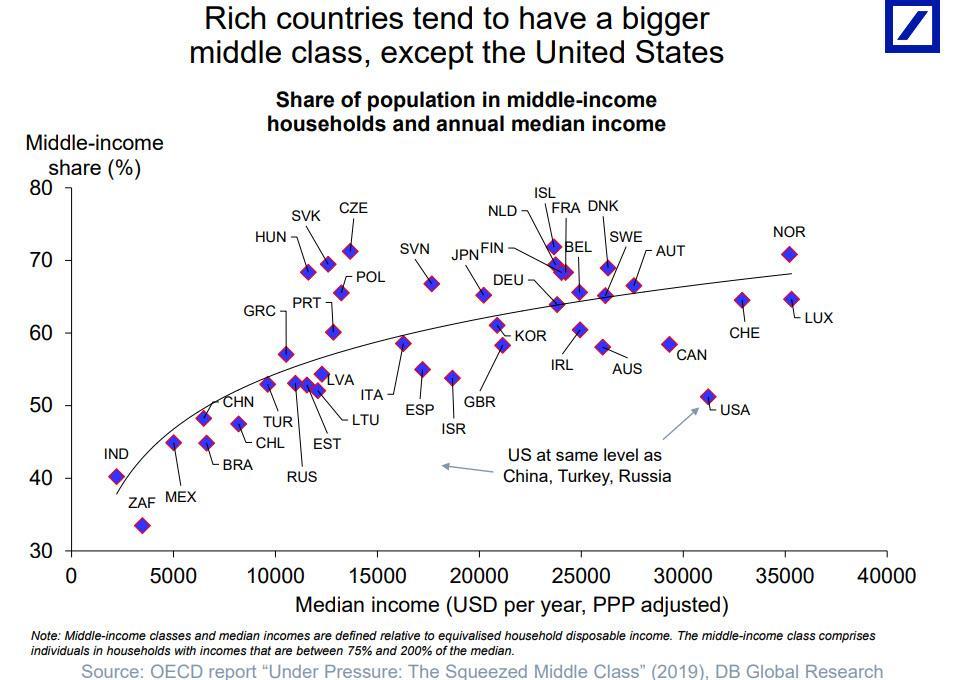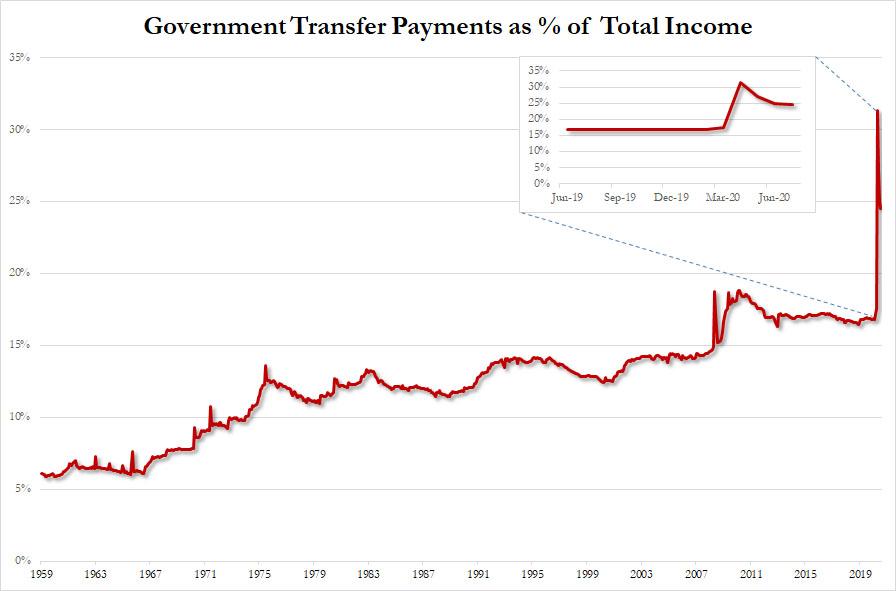This is almost like a headline from The Onion, but actually is a deadly serious piece of research from a
highly rated (by me) analyst.
Clearly, humans are expensive, unreliable and occasionally dishonest, but only now have we been able to create huge companies that employ almost none.
I’m kinda glad I won’t be around for the full flowering of the brave new world which awaits us.
A dash for the exits (front doors)
If you think that securities markets are complicated, take a look at real estate.
This Wolf Richer report suggests that a lot of people are trying to sell their home in SF.
I am always on the lookout for something that will tip the balance so that
there are net sales of index funds.
Maybe this is it, but the odds are long.
Markets this morning
Things are pretty flat.
Jackson Hole didn’t make any difference, as far as I can tell.
Precious metals are catching up a bit with other commodities.
Bonds are flat.
The Nikkei seems not to care about Shinzo Abe’s departure.
The Market Ear has noticed that oil has basically stopped moving:

This is in contrast to the MOVE index (Treasury vol), which seems to be moving steadily higher.
I found it hard to locate this in my normal places, but Yahoo seems to have data on it, here.
Snippets


UK landlords in a bad place.
Interesting take on the Welsh take on what to do about rent arrears.
No wonder J Powell said he’d make the full employment part of his mandate a higher priority than the stable prices part.
In the nineteen thirties the big debate was whether monetary policy was enough to overcome the
massive spike in unemployment. The debate was between those who thought that it was and those
(like Benjamin Anderson) who felt that massive re-allocation of capital and labour had to take place to bring
all markets back into equilibrium.
Although there was no clear winner, the latter argument was popular enough that politically the Fed was much more limited than it is today.
We will see in the next year whether monetary policy is enough on its own.
I really don’t have a strong view, but I do think that we do need quite a lot of monetary policy,
because otherwise we are facing a very grim future.
Hair raising deliquencies in many metro areas.
Everyone knows retail real estate in the US is bad, but do they know it’s this bad?.
Personal income in the USA is increasingly reliant on transfer payments. Fiscal policy is starting to do the heavy lifting:



All these images hotlinked from this post from Zerohedge.
(Disclaimer: Zerohedge is not always to be trusted, but these figures seem believable and the sources quoted would be reliable if this is indeed where they came from.)
I love the way that the Economist knows its readers so well that it can be scathing about Dido Harding while appearing to be perfectly factual in its coverage of her appointment as head as the successor body to Public Health England.
Dido Harding, the organisation’s boss, who has management experience in food retail and telecoms, is not universally regarded as the right choice.
Russia
Alexei Navalny has probably been poisoned by Putin.
The sheer bravado with which Putin liquidates his opponents is enough to earn some admiration,
if only for ruthlessness.
He is an extraordinary presence, but the totalitarian rule in Russia must surely end up bankrupting the country.
The same must be true of China, even though it is currently very economically successful.
Democracy is a messy system, but it’s the only one that has an automatic mechanism for removing corruption.
Mrs America
I enjoyed the TV miniseries called Mrs America. At the end, Phyllis Schafly gets a call from Ronald Regan
telling her that she’s not getting the post of ambassador to the UN that she hoped to get.
The person that Reagan appointed was Jean Kirkpatrick, originator of the Kirkpatrick Doctrine justified propping up anti-communist regimes, but at the cost of supporting other types of totalitarian ones.
I totally understand that true democracies do not react well to being pushed around by foreign governments.
That’s why foreign aid tends to have the effect of maintaining the status quo in regimes which are run by
dictators.
I understand the logic, but I long for the time when a UK foreign secretary could state that he would pursue an
ethical foreign policy (even if the FCO prevented him from doing so).
It’s not often that my interest in politics overlaps with my TV watching.
There are comments.